Journal Of Clinical Investigation
-
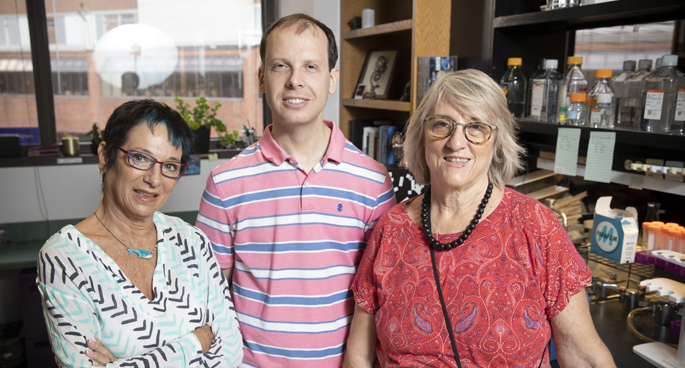
Releasing a brake that drives obesity and diabetes
Vanderbilt researchers have uncovered a potential new way to help curb the rapidly rising worldwide prevalence of metabolic disorders, including obesity and diabetes. Read MoreSep 6, 2023
-
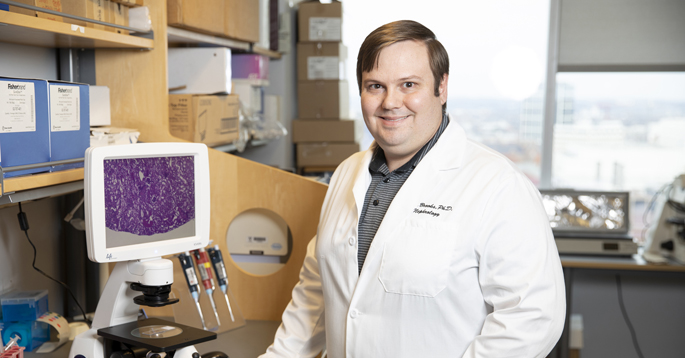
Novel therapeutic target identified for chronic kidney disease
Vanderbilt investigators have discovered a molecular mechanism that promotes chronic kidney disease following kidney injury. Read MoreDec 15, 2022
-
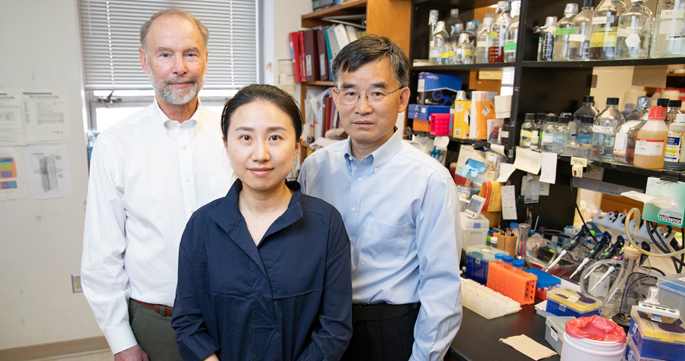
Study sheds light on the dark side of obesity
Vanderbilt research that promotes the anti-inflammatory pathway in macrophages could also reduce some of the bad side effects of obesity. Read MoreMay 12, 2022
-

Nature’s “recycler” could reduce heart disease risk: study
Researchers at Vanderbilt University Medical Center have identified potential new targets for the prevention of atherosclerosis through the enhancement of autophagy, a natural process for recycling damaged cellular material. Read MoreJul 8, 2021
-
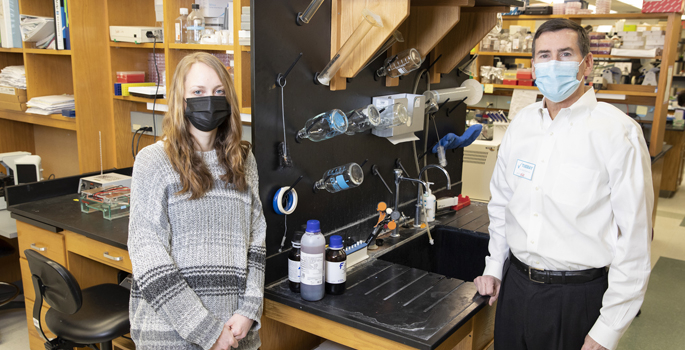
Team studies new use for pulmonary hypertension drug
An FDA-approved medication enhances the function of T regulatory cells (Treg), a class of immune cells that restrains the immune response, Vanderbilt investigators have discovered. Read MoreMar 25, 2021
-

Post-transplant diabetes may be reversible: study
Post-transplantation diabetes mellitus (PTDM), a common complication of immunosuppressive drugs that are given to prevent transplant rejection, may be reversible and at least partially preventable, researchers at VUMC report. Read MoreFeb 20, 2020
-

Defective transporter linked to autism
A first-of-its-kind mouse model may help reveal mechanistic underpinnings for the altered behaviors of autism spectrum disorder. Read MoreJul 24, 2019
-
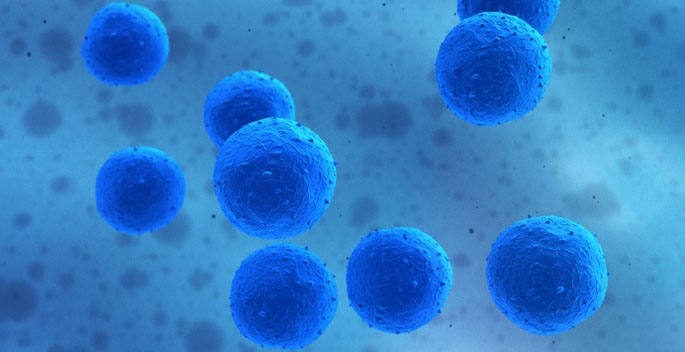
Study reveals role for stem cells in chronic lung diseases
A novel population of lung stem cells plays an important role in regulating the pulmonary microvasculature — the network of tiny blood vessels where oxygen and carbon dioxide exchange takes place. Read MoreMay 25, 2017
-

Vanderbilt-led study shows high-salt diet decreases thirst, increases hunger
Salted peanuts make you thirsty so you drink more: that’s bartender wisdom. While that may be true in the short-term, within 24 hours increasing salt consumption actually makes you less thirsty because your body starts to conserve and produce water. Read MoreApr 18, 2017
-

EGF receptor found to regulate macrophage inflammation in gut
Researchers at Vanderbilt University School of Medicine have uncovered a link between epidermal growth factor receptor (EGFR) signaling and the inflammatory response to bacterial infection in the gastrointestinal tract. Read MoreOct 13, 2016
-

Study sheds light on link between autism, GI issues
Researchers at Columbia and Vanderbilt universities have made an important discovery in mice that has implications for understanding the gastrointestinal (GI) problems experienced by some children with autism. Read MoreApr 28, 2016
-
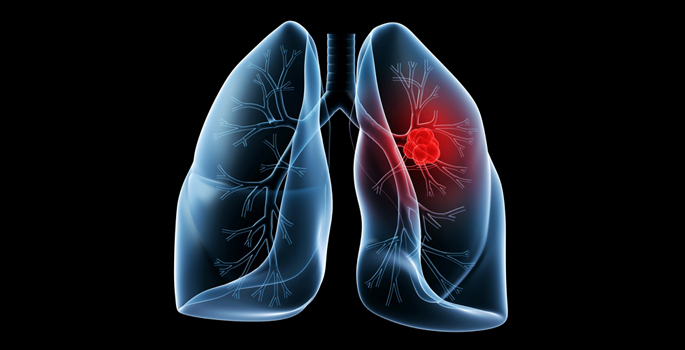
Study identifies new culprit in lung cancer development
A microRNA — a small piece of RNA involved in regulating gene expression — functions as an oncogene to drive the development of lung cancer, Vanderbilt University investigators have discovered. Read MoreJan 27, 2016
-

Study sheds light on side effects of COX-2 drugs
A team of Vanderbilt University Medical Center scientists are closer to understanding why COX-2 inhibitors — drugs that relieve arthritis pain and inflammation without the gastrointestinal side effects of other painkillers — cause heart problems in some patients. Now Read MoreOct 22, 2015
-
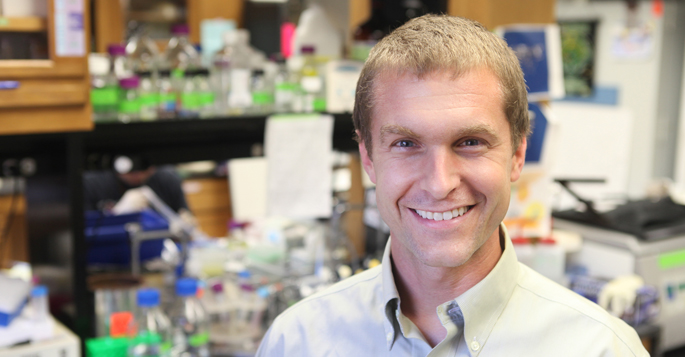
VUMC study shifts thinking on how bone fractures heal
New findings show that fibrin, a protein that was thought to play a key role in fracture healing, is not required, shifting understanding of how fractures heal. Read MoreAug 13, 2015
-
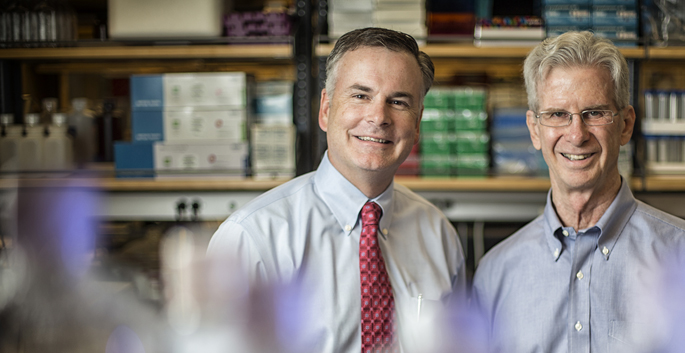
Study explores protein’s role in inflammation-associated cancer
An antioxidant protein may protect against colon cancer that develops in patients with inflammatory bowel disease, suggesting new strategies for reducing colon cancer risk in these patients. Read MoreJul 23, 2015
-
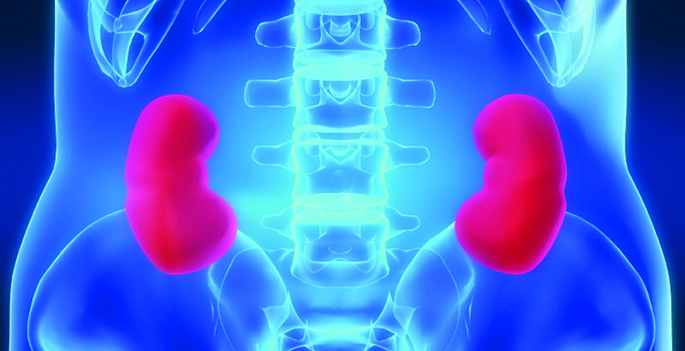
Study: Why one kidney can work as well as two
Vanderbilt University researchers have come closer to solving a mystery that has puzzled scientists for more than a century: after the loss of one kidney, what causes the growth of the remaining kidney to take up the slack? Read MoreJun 11, 2015
-
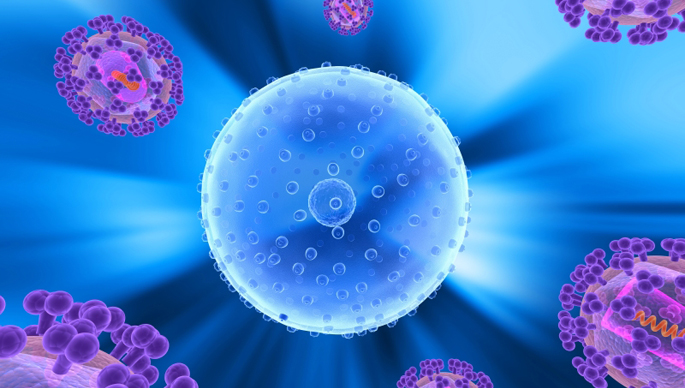
‘Redesigned’ antibodies may control HIV: study
With the help of a computer program called “Rosetta,” researchers at Vanderbilt University have “redesigned” an antibody that has increased potency and can neutralize more strains of the AIDS-causing human immunodeficiency virus (HIV) than can any known natural antibody. Read MoreMay 21, 2015
-
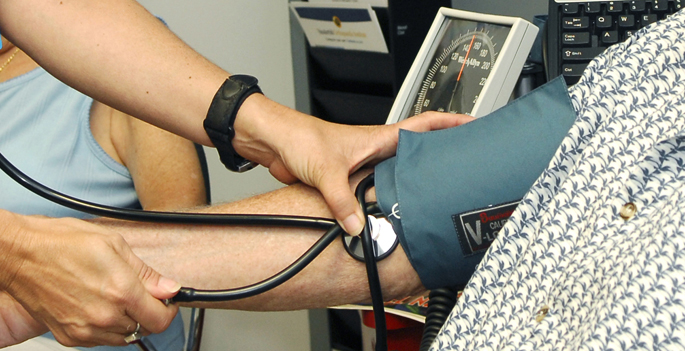
Team tracks how kidney responds to blood pressure meds
Changes in the kidney can limit the blood pressure-lowering effects of thiazide diuretics, a new study reports. Read MoreApr 30, 2015
-
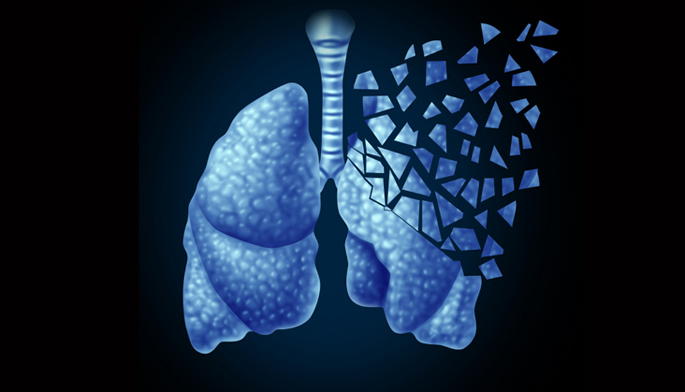
Gene variant, environment can boost RSV severity
A particular genetic mutation combined with an urban environment increases the risk of severe disease in children infected with respiratory syncytial virus (RSV), an international team of investigators has found. Read MoreApr 2, 2015
-
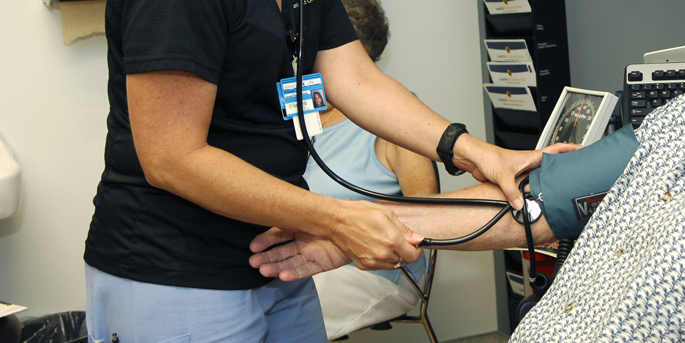
VU study explores inflammation, hypertension link
The evidence is increasing: the immune system and inflammation are key contributors to high blood pressure. Read MoreFeb 12, 2015